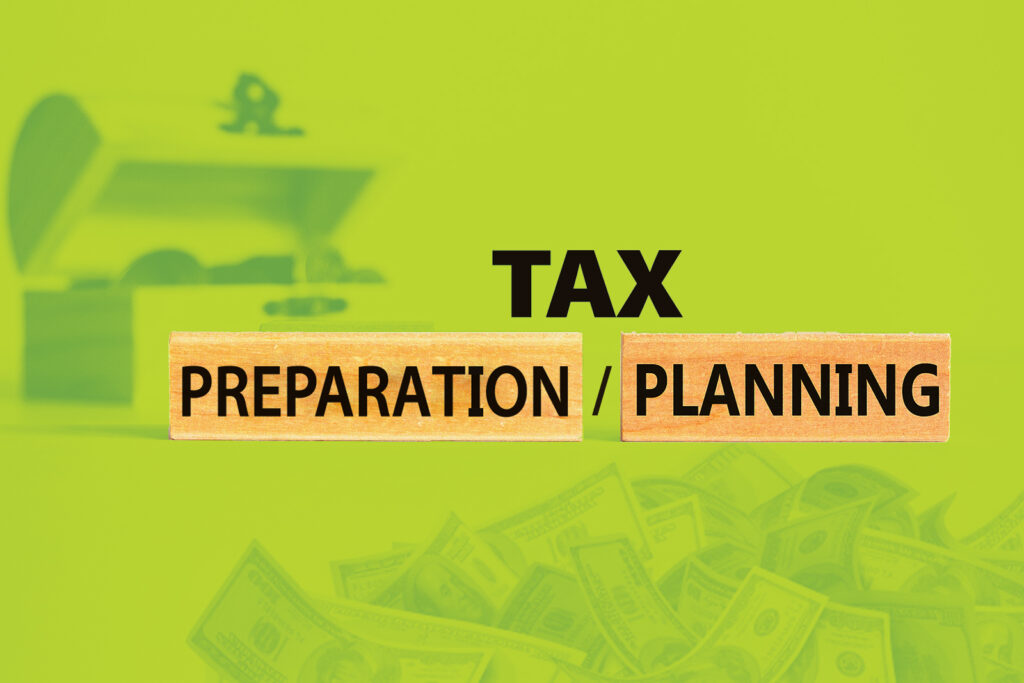As a tax professional, it is your duty to help your clients file their taxes as efficiently and effectively as possible. In this article, we will discuss some of the most important aspects of tax preparation and planning.
The Role of Accountants in Tax Preparation and Planning
Accountants play a vital role in tax preparation and planning. They provide guidance and advice to ensure that individuals, small businesses, and corporations are filing their taxes accurately and efficiently. Accountants are knowledgeable about the current tax laws, regulations, and procedures and use that expertise to help their clients manage their tax obligations. They can provide tax advice on filing status, deductions, and credits, as well as help with the calculation of tax liabilities. Additionally, accountants are able to review past returns to identify any errors or missed opportunities that could have resulted in a lower tax bill. They also work with clients to plan ahead for future taxes, allowing them to maximize their deductions and credits in order to reduce their tax burden. With the help of an accountant, individuals and businesses can rest assured that they are taking advantage of all available tax benefits while staying compliant with the law.
What Is Tax Preparation?
Tax preparation is the process of preparing tax returns for individuals, businesses, and other entities. It involves gathering relevant documents such as W-2s, 1099s, and other records of income, deductions, credits, and expenses; calculating the correct tax amounts; and filing tax returns with the proper authority. Tax preparation can be done by a professional tax preparer or by the taxpayer themselves. Professional tax preparers have knowledge of the tax code and will understand the requirements and regulations associated with filing taxes. Taxpayers who choose to do their own taxes should be sure to follow all applicable laws, regulations, and instructions to ensure they are compliant with their filing. There are many online tax preparation software programs available that can help taxpayers prepare their own taxes. Tax preparation is an important part of understanding and managing one’s finances. It is important to accurately report all income, deductions, credits, and expenses in order to avoid any penalties or fees from the IRS. Knowing how to prepare taxes correctly can help individuals and businesses save money by taking advantage of deductions and credits that may be available.
What Is Tax Planning?
Tax planning is an important part of managing finances and ensuring long-term financial security. It involves understanding the tax laws and planning ahead to minimize the amount of taxes you have to pay. Tax planning can help you save money by reducing your taxable income, taking advantage of available deductions, and taking advantage of available credits. It can also help ensure you don’t owe any taxes when filing your returns. By understanding the tax laws and regulations and taking proactive steps to reduce your taxable income, you can save money and achieve your financial goals. Tax planning is an essential part of any financial plan, so it is important to understand how it works and how you can benefit from it.
The Steps of Tax Preparation and Planning
Tax preparation and planning is an important part of managing your finances. Taking the time to understand the process and complete your taxes correctly can help you avoid penalties and maximize your refund. Knowing the steps of tax preparation and planning can help ensure you get the most out of your taxes.

Step one is to gather your financial documents. This includes W-2s, 1099s, 1098s, receipts, and other documents related to income and expenses.
Step two is to review all the documents for accuracy. Make sure that all your income is accounted for and any expenses are valid deductions.
Step three is to determine if you are eligible for any credits or deductions. There are a variety of credits and deductions available, so it’s important to research what applies to you.
Step four is to select a filing status. This will affect your tax rate and standard deduction, so choose wisely. Step five is to complete any additional forms you may need. This includes forms such as Schedule C for self-employed individuals.
Finally, step six is to file your taxes electronically or by mail. Filing electronically will get you your refund faster and minimize errors. Following these steps will help ensure you get the best outcome when filing your taxes.
What Information Should I Include In My Return?
When filing your taxes, it is important to be sure that you include all of the necessary information. This includes your Social Security Number, your full name, and your address. In addition, you should include any income that you have received from sources such as wages, tips, self-employment, investments, or alimony. You should also include any deductions you may be eligible for, as well as any credits that you may qualify for. When filing electronically, you will need to provide bank account information in order to receive your refund. It is important to make sure the information is accurate and up to date. Finally, make sure to sign and date the return to ensure that it is valid. By including all of this information in your return, you can ensure that your refund will be processed quickly and accurately.
Conclusion
With these tips, you will be able to provide your clients with the best possible tax preparation and planning services. By understanding the steps of tax preparation and planning, you can ensure that your taxes are filed correctly and that you receive the most benefit from your return. For any kind of help, contact Ambition Accounting.

